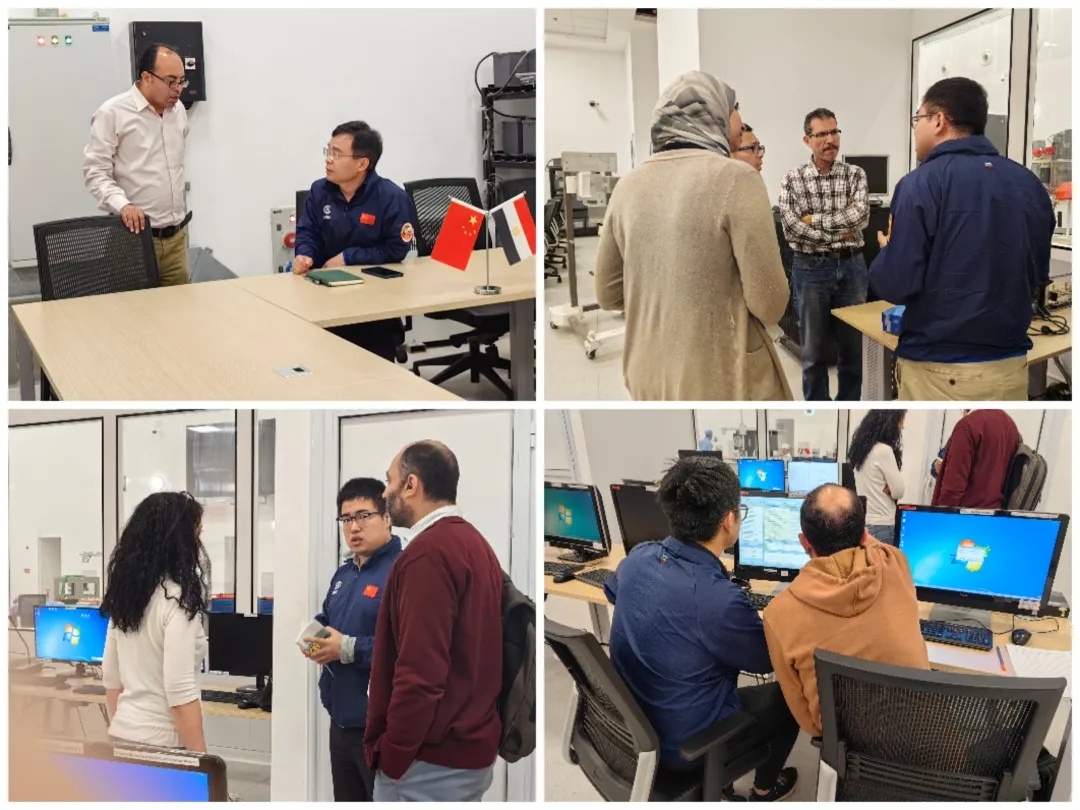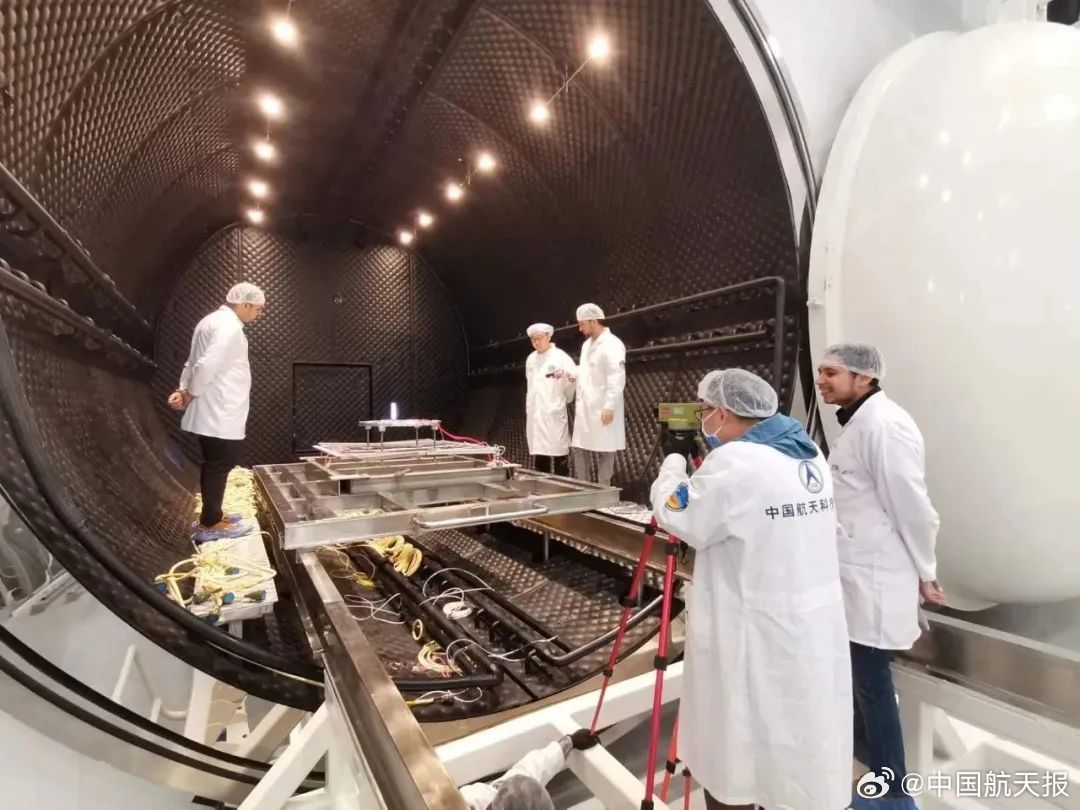Oh shit they really did it! Zhuque-2 launch successful, payload delivered to target orbit:
First successful launch of methane powered orbital rocker, period.
First successful launch of methane powered orbital rocker, period.
A satellite jointly developed by China and Egypt, called Egypt-2 (埃及二号), is undergoing final assembly at the Egyptian Satellite Assembly Integration Test Center (AITC) located in New Cairo, Egypt. Both the Egypt-2 and the AITC were part of a signed back in 2014 and which are now coming to fruition.










OK someone explain to me why this Landspace Zhuque 2 is such a big deal? Is it just because methane is a very cheap fuel? How much of the cost of an orbital flight is the fuel?
Also I see some Chinese private space companies are going with kerosene - is that as cheap or otherwise better than methane?
